Bosnia – R. Srpska 2010 FIFA World Championship South Africa MNH**
The FIFA World Cup in South Africa took place in 2010, marking the first time the tournament was held on the African continent. Here are some key points about the 2010 FIFA World Cup in South Africa:
- Host Country: South Africa was selected as the host nation for the 2010 FIFA World Cup, beating out bids from Morocco and Egypt. It was the first time the tournament was held in Africa.
- Venues: Matches were played in various cities across South Africa, with 10 host cities selected to host matches. These cities included Johannesburg, Cape Town, Durban, Pretoria, Port Elizabeth, Bloemfontein, Polokwane, Nelspruit, Rustenburg, and Kimberley.
- Stadiums: South Africa invested in the construction and renovation of stadiums to host the tournament. Some of the notable stadiums included Soccer City Stadium in Johannesburg, which hosted the opening and final matches, and the Cape Town Stadium, known for its distinctive design.
- Format: The tournament followed the traditional format of previous FIFA World Cups, with 32 national teams competing in group stages followed by knockout rounds leading to the final match.
- Opening Ceremony: The tournament began with an opening ceremony held at Soccer City Stadium in Johannesburg on June 11, 2010. The ceremony featured performances showcasing South African culture and heritage.
- Matches: The tournament featured a total of 64 matches played over the course of a month, with teams from around the world competing for the FIFA World Cup title.
- Final: The final match was held at Soccer City Stadium on July 11, 2010, between the Netherlands and Spain. Spain emerged as the winner, defeating the Netherlands 1-0 in extra time, with a goal scored by Andrés Iniesta.
- Legacy: The 2010 FIFA World Cup in South Africa left a lasting legacy for the country, including improvements to infrastructure, tourism, and international perception. The tournament also showcased South Africa’s ability to host major sporting events and promote unity and diversity on a global stage.

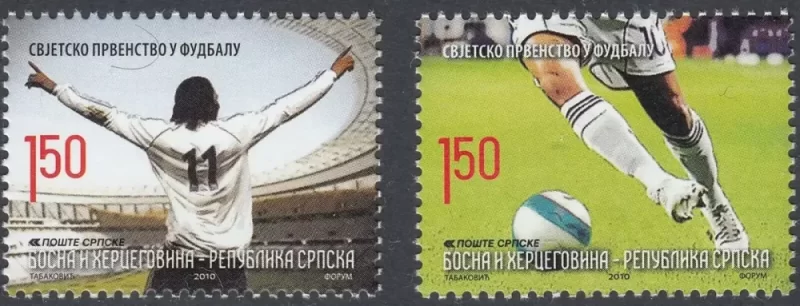
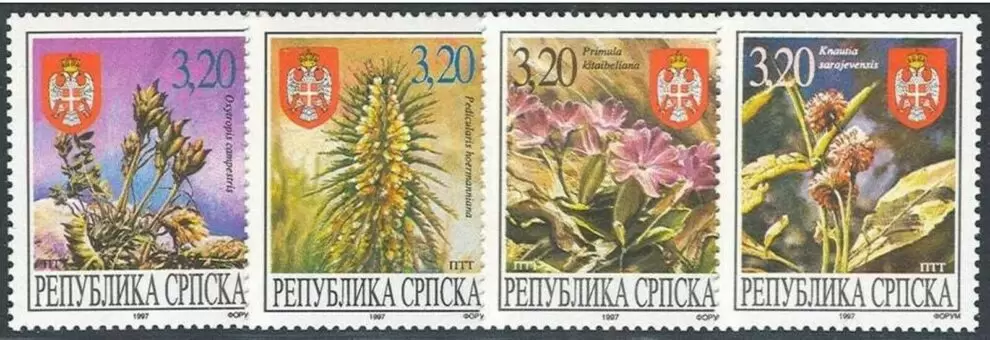

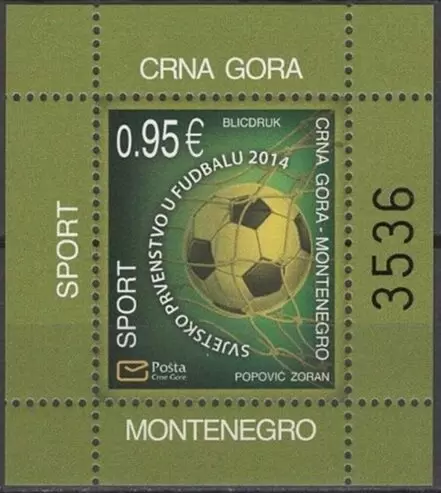
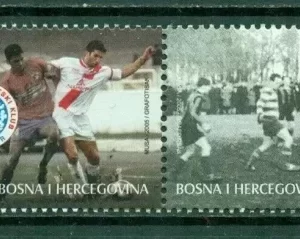
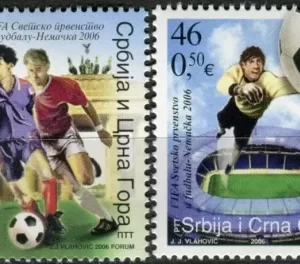
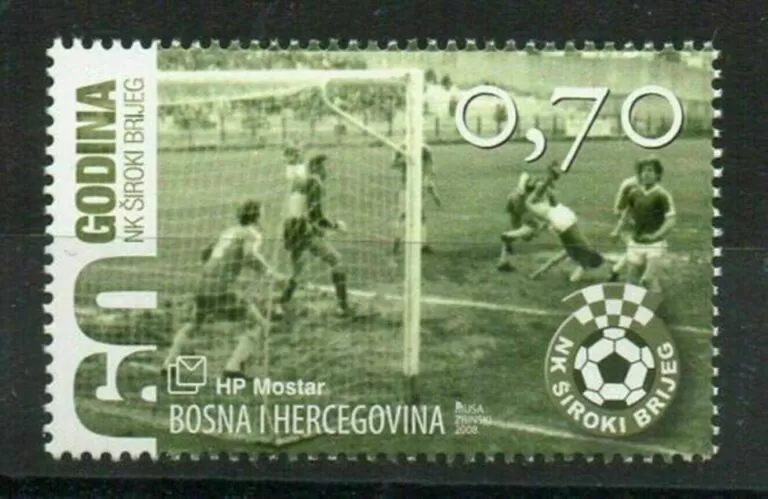
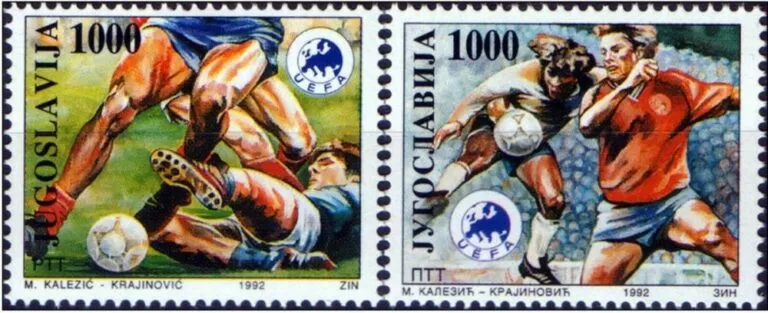
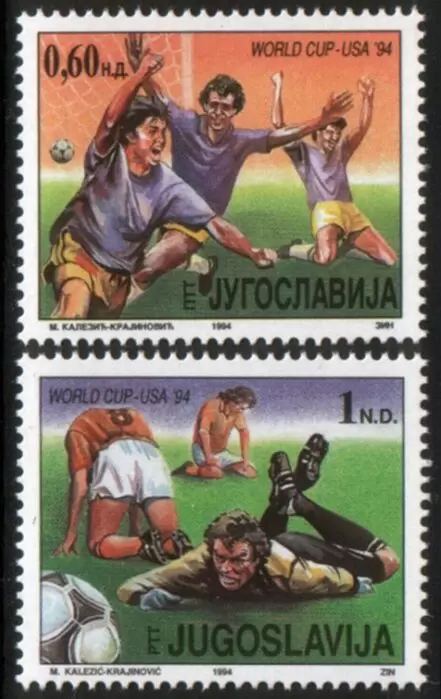
Reviews
There are no reviews yet.